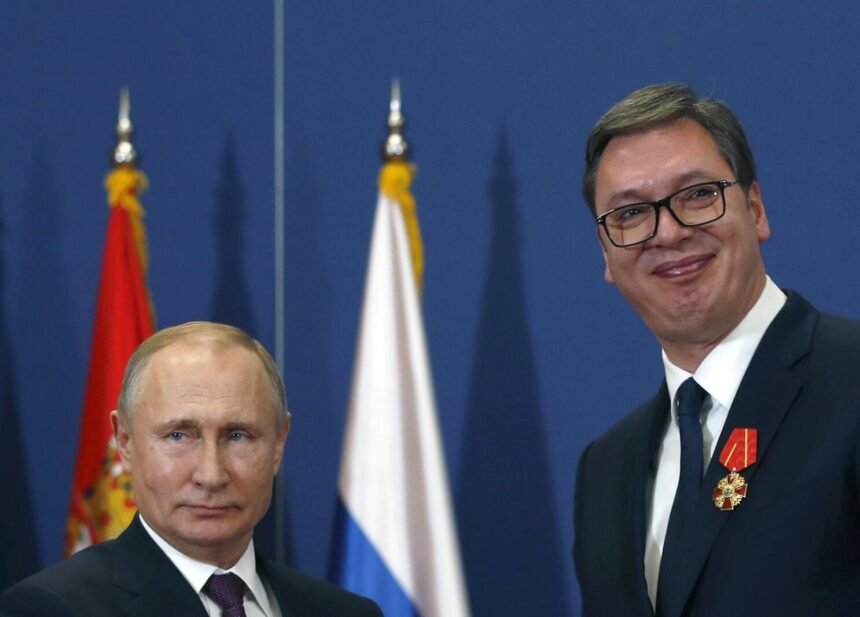Relations between Serbia and the European Union have reached a critical juncture. This is increasingly evident not only through the actions of the Serbian government but also through mounting criticism from high-ranking EU officials in both Strasbourg and Brussels. A clear sign of this rift came during the recent visit of EU Enlargement Commissioner Marta Kos to Belgrade, where she highlighted the government’s failure to deliver on long-promised reforms demanded by citizens over the past five months.
In her statements, Marta Kos did not hold back, declaring, “Reforms in Serbia are necessary because they are exactly what citizens have been continuously demanding.” Her remarks reinforced the EU’s firm stance on Serbia’s lack of progress and failure to meet its commitments.
Echoing these concerns, MEP Tonino Picula, the European Parliament’s rapporteur for Serbia, pointed to the collapse of a public building as a symbol of systematic corruption and nepotism in the country. These critiques were later included in a resolution adopted by the European Parliament.
President Aleksandar Vučić’s recent trip to Moscow has further strained Serbia’s ties with the West, signaling a clear departure from the EU path. While neighboring countries strive to align with the EU’s foreign and security policies, Serbia appears to be charting a contradictory course.
Branka Latinović, Serbia’s former ambassador to the OSCE, emphasized that while no official declarations of a breakdown in trust have been made, Marta Kos’s comments clearly show that the relationship is in crisis.
Latinović stressed that the Serbian government has been extremely slow in implementing the reforms it has committed to. She recalled that Vučić had pledged in late March to begin reform efforts, yet only one has been partially implemented — concerning the REM Council. Furthermore, his trip to Moscow is seen as a direct provocation to the EU and a major obstacle to opening Cluster 3 in the EU accession talks, which focuses on foreign and security policy.
According to Latinović, Serbia is not only failing to align with EU policies but is openly adopting stances in opposition to them.
She warned that foreign policy alignment is a fundamental requirement of EU integration, and Serbia, rather than presenting itself as a reliable partner, is increasingly being viewed as a “problematic state.”
At a time when the EU has named 2027 or 2028 as potential years for the Western Balkans’ enlargement, Serbia’s absence from serious shortlists reinforces the belief that its EU path remains largely rhetorical. With the current pace of stagnation and Belgrade’s confrontational approach, the EU may find it increasingly difficult to regard Serbia as a future ally rather than an enduring obstacle.







